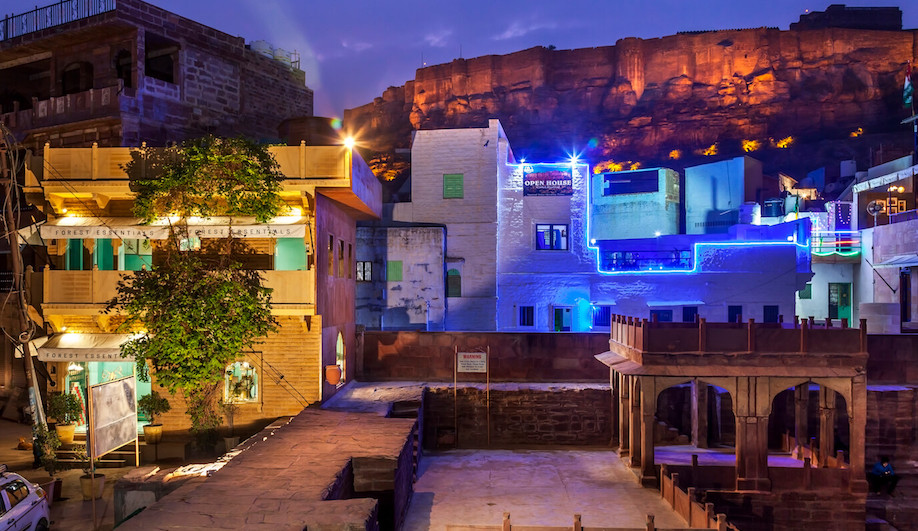
A Marvelous Order, staged one March night in New York, presented the operatic battle for neighbourhoods between Jane Jacobs and Robert Moses.
Jane Jacobs and Robert Moses. Fifty years ago, they staged a Wagnerian battle for the soul of New York – one that has transcended city planning to become the stuff of (literal) urban legend. It stands to reason, then, that this tale has been turned into an opera.
Set in 1960s New York, A Marvelous Order uses a libretto by Pulitzer Prize winner Tracy K. Smith, music by Judd Greenstein, choreography by Will Rawls and animation by director Joshua Frankel to tell the story of Moses’ redevelopment plans for Lower Manhattan, including Washington Square Park; and of Jacobs’ role in the community effort to push back against the wrecking ball. The opera debuted March 12 at the ’62 Center of Performing Arts at Williams College in Williamstown, Massachusetts.
The origin story of Jacobs, as a character and as a person, is so perfectly legendary that it’s almost a trope. A humble yet keen observer on the periphery of city building, she got out and walked, fixed her eyes on the street, then challenged the establishment by illustrating the transformative power of these actions in her game-changing book, The Death and Life of Great American Cities (1961).
While writing it, she butted up against Moses. By all appearances the prototypical powerful, driven and ruthless antagonist, he implemented a vision of cities that has since been vilified for its soulless devotion to vehicular efficiency. “Moses is an icon,” sings the Jacobs character. “He’s the serpent in the garden.”
That said, the opera seeks not to paint him as the bad guy. For one thing, there’s no point; it’s clear today that Jacobs won both the battle and the war. More importantly, Moses and Jacobs are not the real subjects. According to its creators, this is a love story about New York. And make no mistake: Jacobs and Moses both acted out of love for their city – a place that, half a century later, still reflects the profound influence of both.




